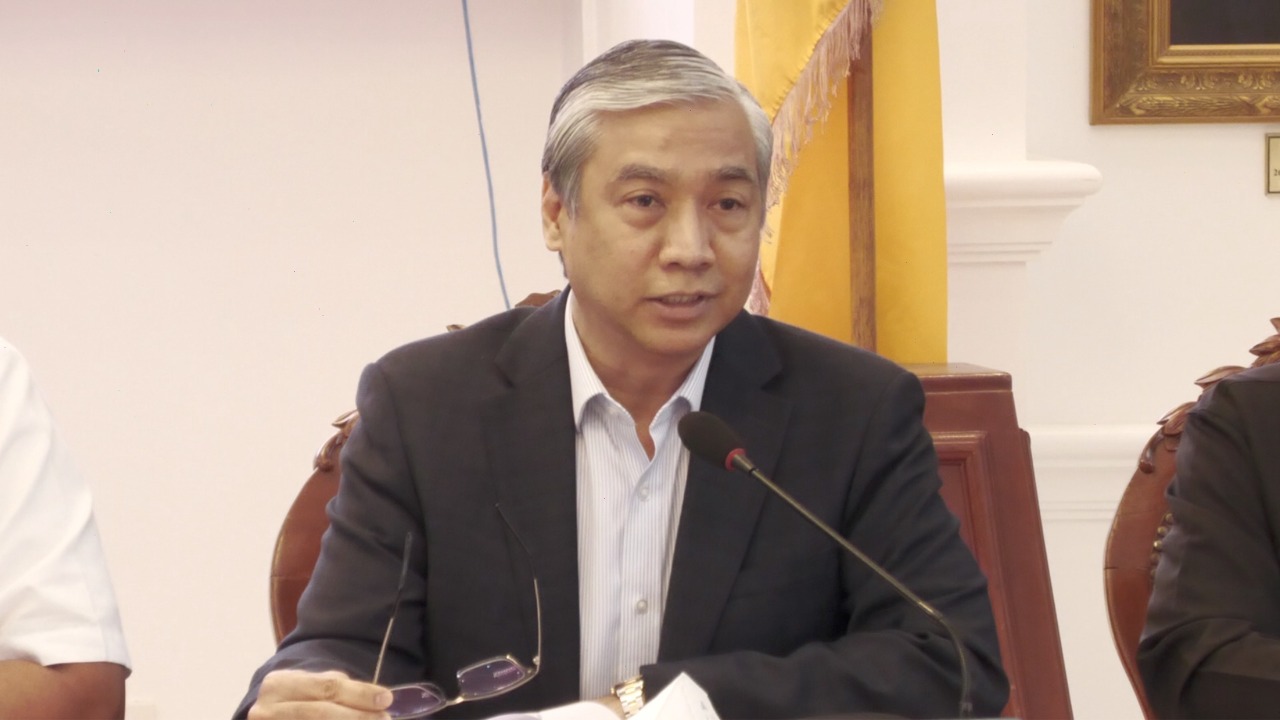Gov’t shifts to ‘full spectrum solution’ to drug problem

Undersecretary Jesse Hermogenes Andres. INQUIRER.net photo
From daily killings that left thousands of suspected persons who use drugs (PWUDs) dead, the government is starting to pivot to a fuller spectrum of solutions to the country’s drug problem as it acknowledged the need to treat it as a public health issue.
The “full spectrum solution” should involve not only law enforcement, but also medical, socioeconomic, and educational interventions,” Justice Undersecretary Jesse Andres told the Inquirer on Thursday.
Medical professionals, like psychologists and psychotherapists, Andres said, would be in a “better position” to handle the cases of PWUDs—the same recommendation of a newly launched rapporteur report by the University of the Philippines (UP) Institute of Human Rights.
During the opening ceremony of the drug policy and reform summit in Manila on Wednesday, Dangerous Drugs Boards Undersecretary Earl Saavedra acknowledged the need to reform the country’s 22-year-old Republic Act No. 9165 or the Comprehensive Dangerous Drugs Act, saying that there were gaps in the law caused by “institutional limitations or loopholes.”
Law reform pushed
“That is why we collectively push for the current law to either be amended or for our lawmakers to introduce a proposed bill to govern the anti-drug campaign of the country,” he said.
UP College of Law professor Glenda Litong said the approach to drug abuse should be based on public health rather than punitive measures.
“[PWUDs] should not be subjected to arrests and health workers should be the first point of contact, not law enforcement,” Litong said, citing the UP report.
The rapporteur report analyzed the position papers of multisectoral groups, as well as the results of discussions with almost 500 participants in 10 regions affected by the previous administration’s drug war.
The study said that rehabilitation programs should adopt a holistic approach, integrating physical activities, mental health support, education opportunities, and livelihood and capacity-building programs to ensure effective recovery, prevent relapse, and allow PWUDs to become socially and economically capable of reintegration.
The three-day drug policy summit, which ends on July 12, is the culmination of the landmark three-year human rights joint program between the United Nations, the Philippine government, and civil society organizations.
Based on the records of the Philippine National Police, more than 6,000 people died in antidrug operations ordered by former President Rodrigo Duterte from July 1, 2016, to May 2019.